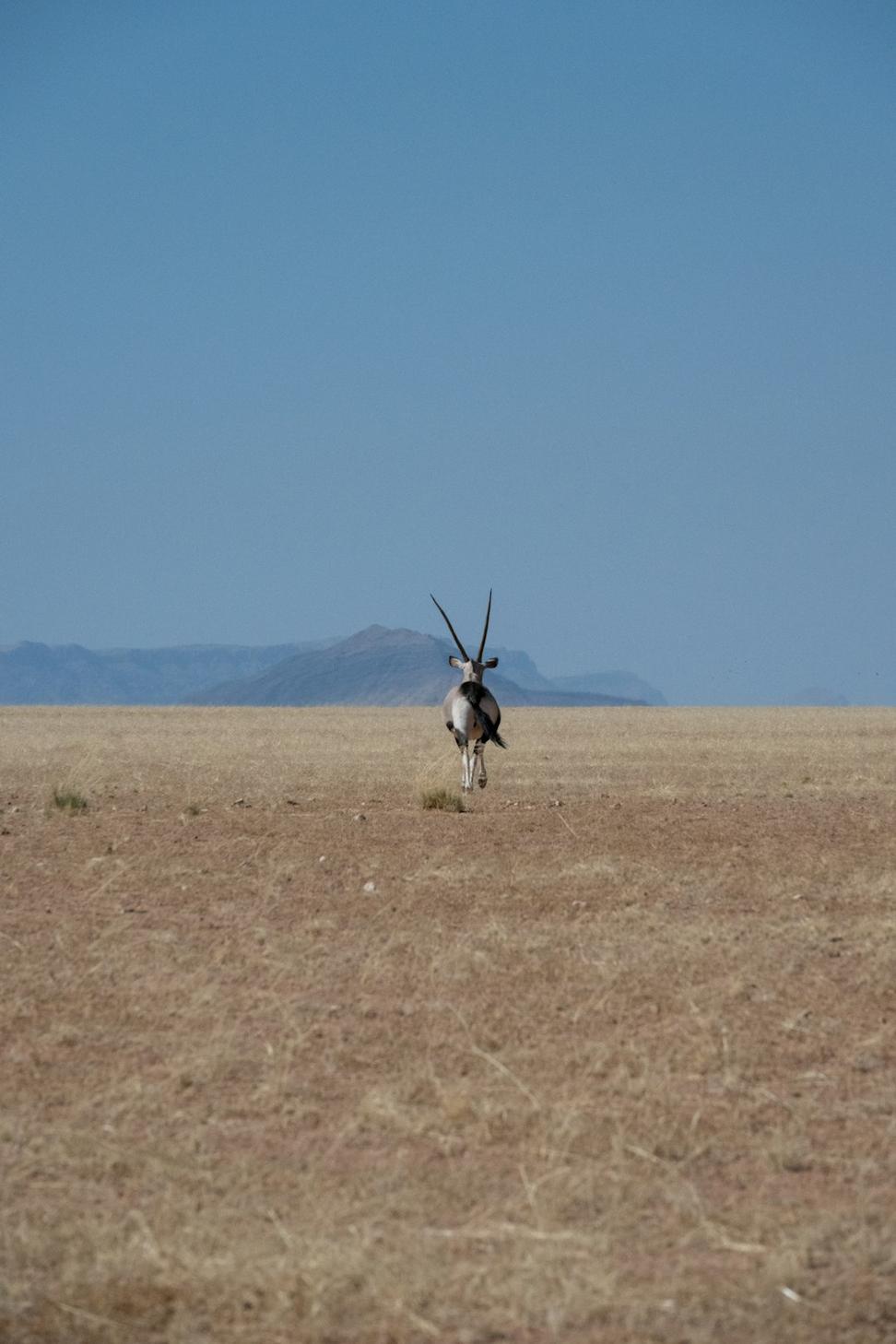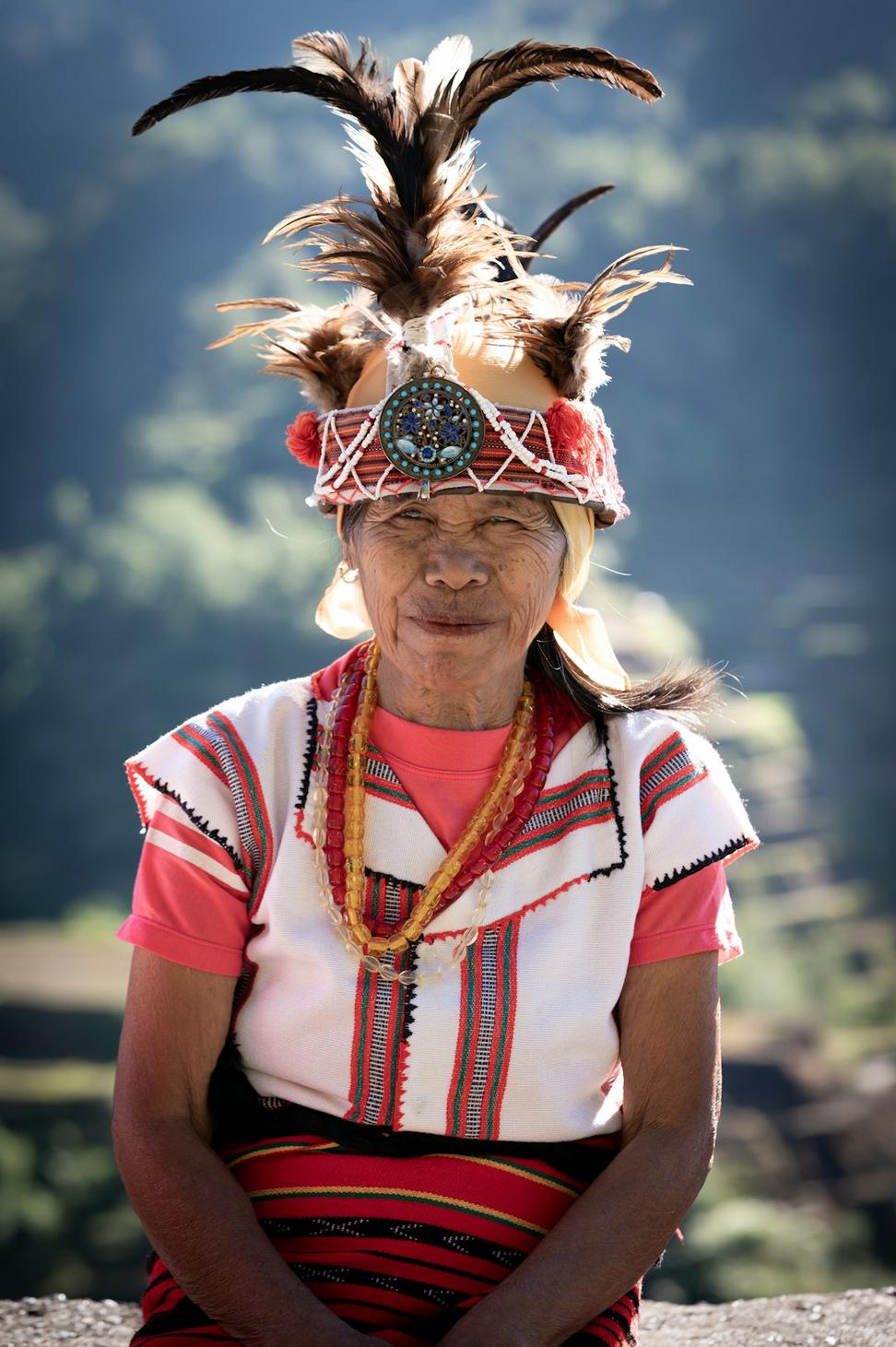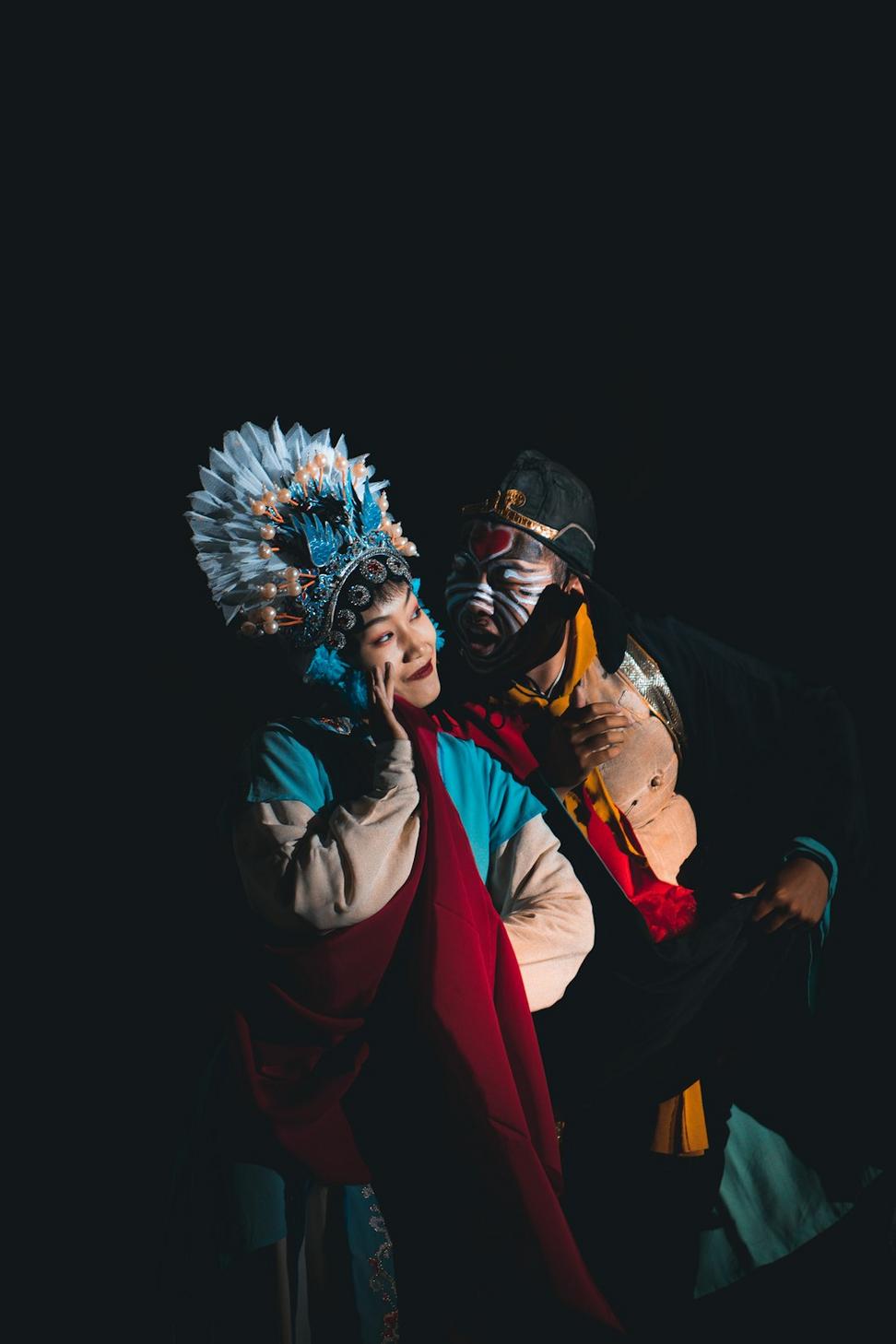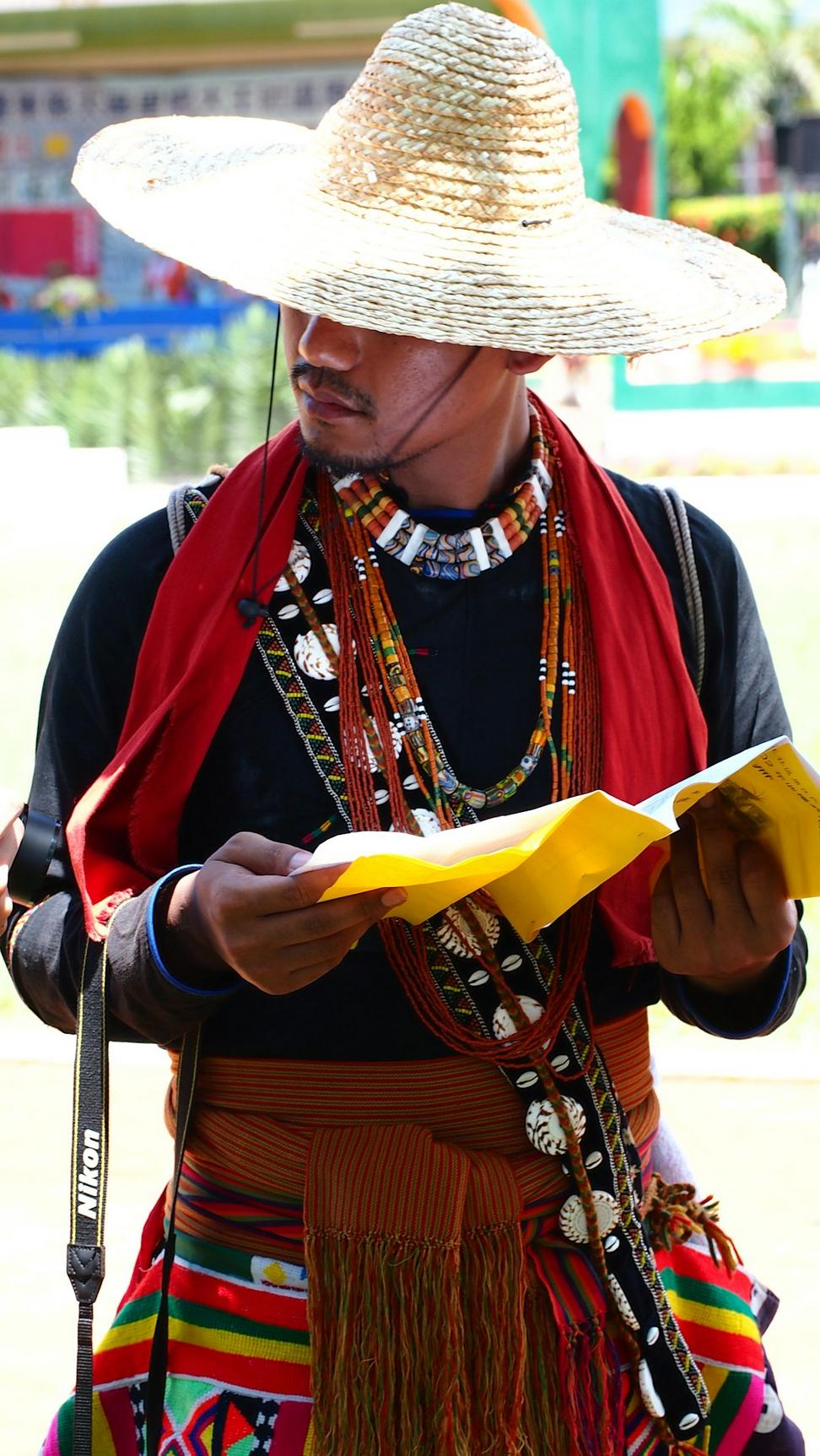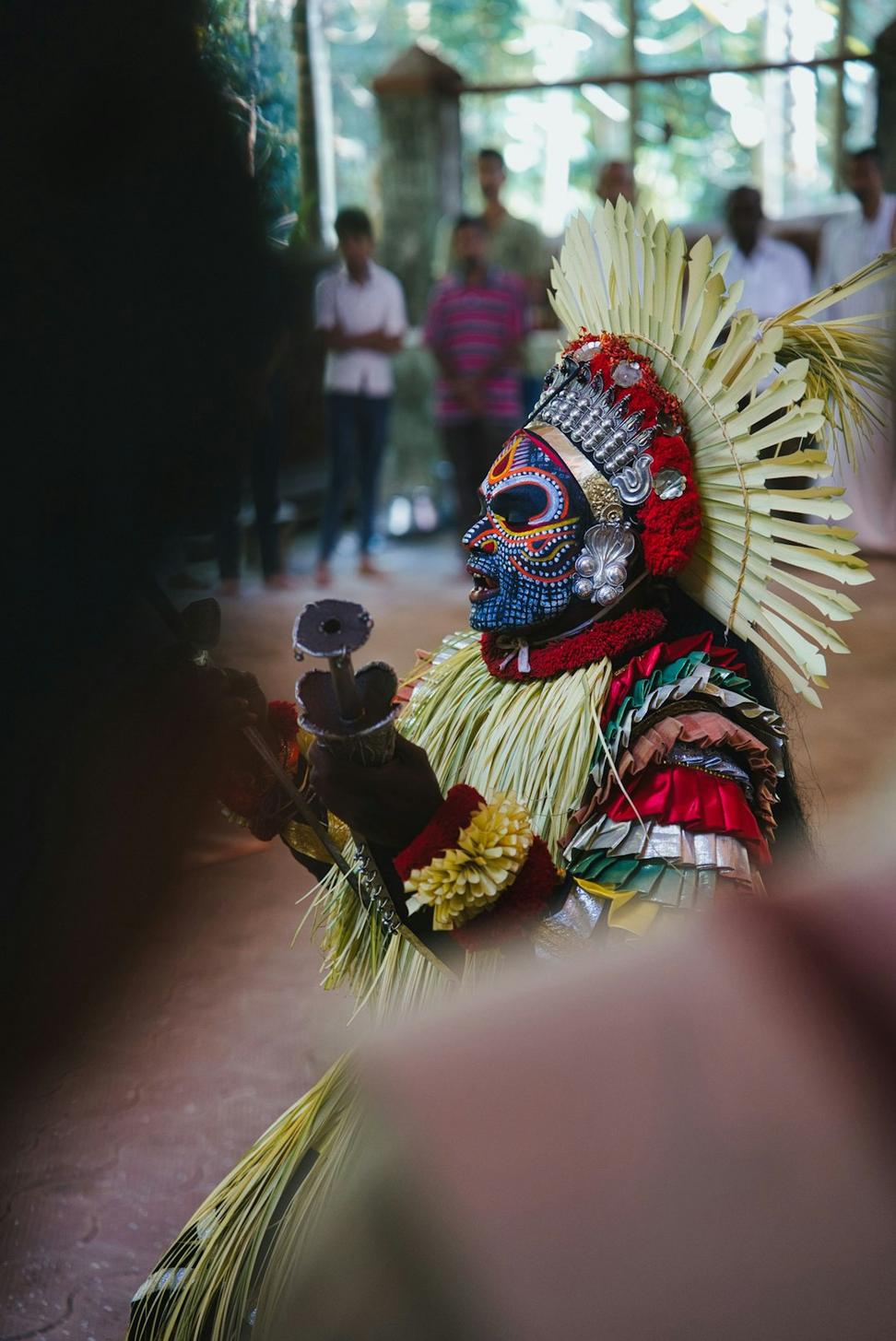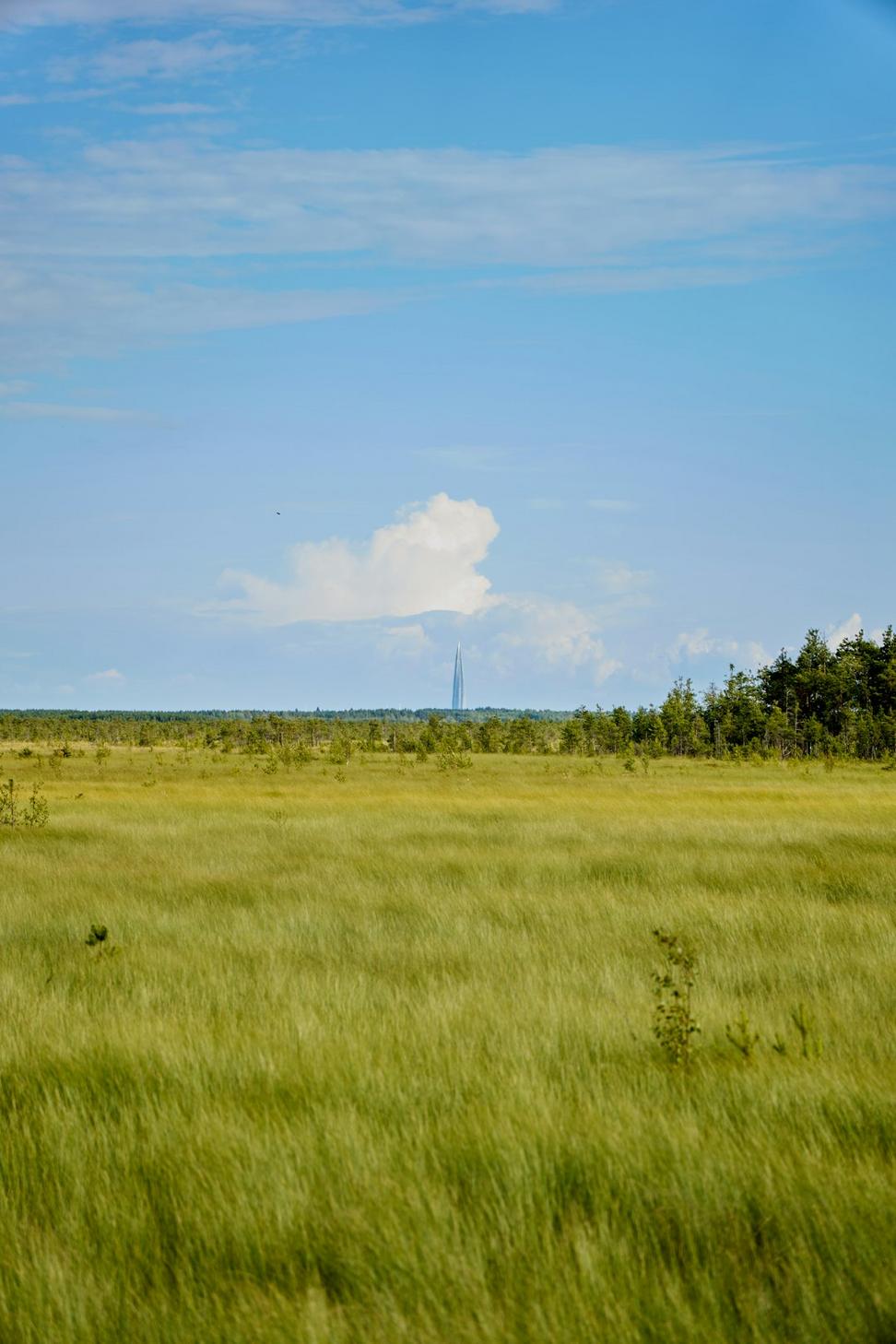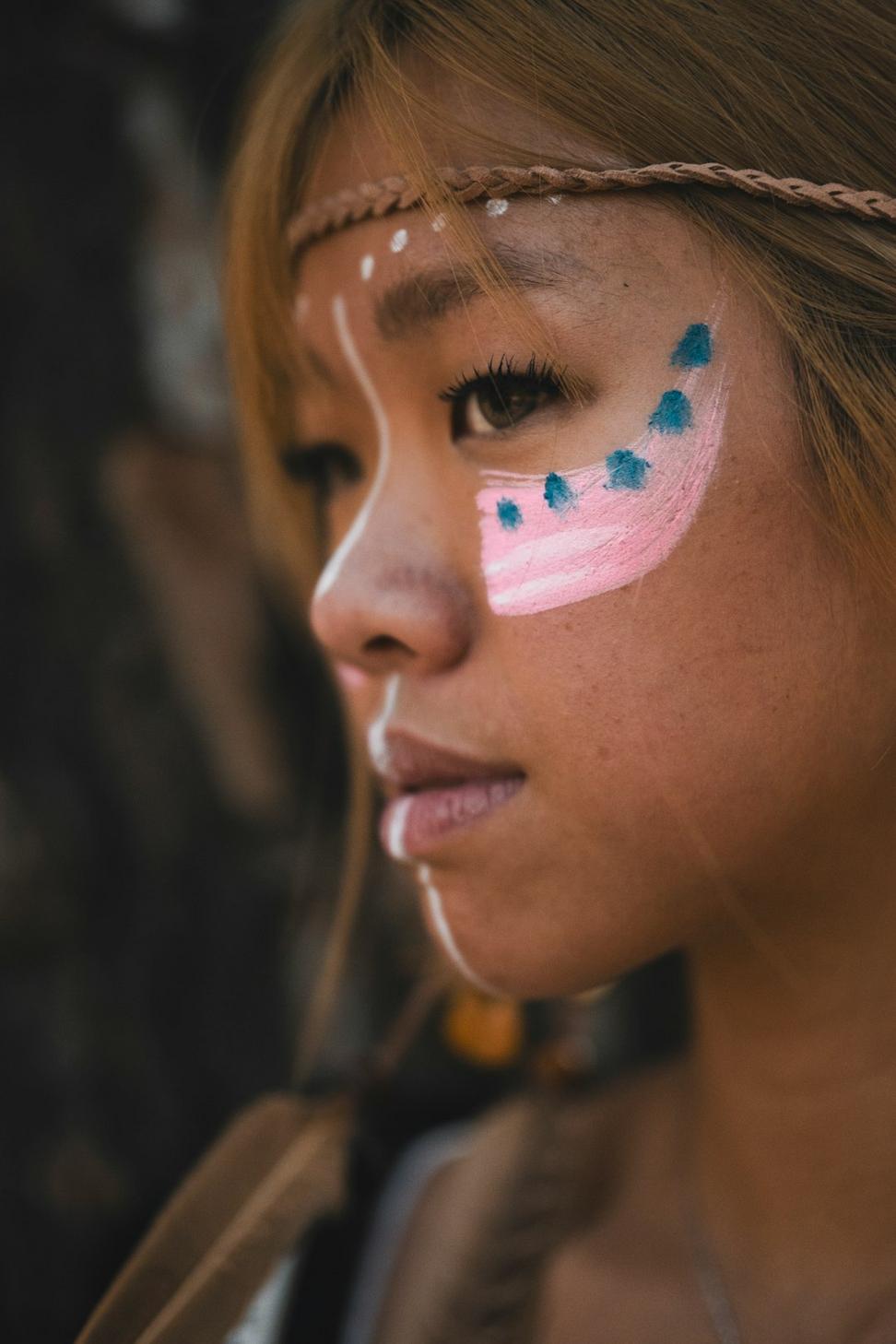
Partnership, Not Paternalism
Look, we're honest about this—non-Indigenous lawyers can't truly understand what it's like to carry generations of broken promises. What we can do is listen, learn, and put our legal expertise where it matters most.
Every case starts with community. We spend time on the land, in band offices, around kitchen tables. We don't parachute in with a briefcase full of fancy solutions. You tell us what success looks like, and we figure out the legal pathway to get there.
We've worked with Coastal Salish nations, Interior Plateau communities, and northern First Nations. Each relationship is different because each community's needs are different. That's the whole point.
"These aren't client relationships. They're partnerships built on trust, transparency, and the understanding that communities know what they need better than any lawyer ever will."
